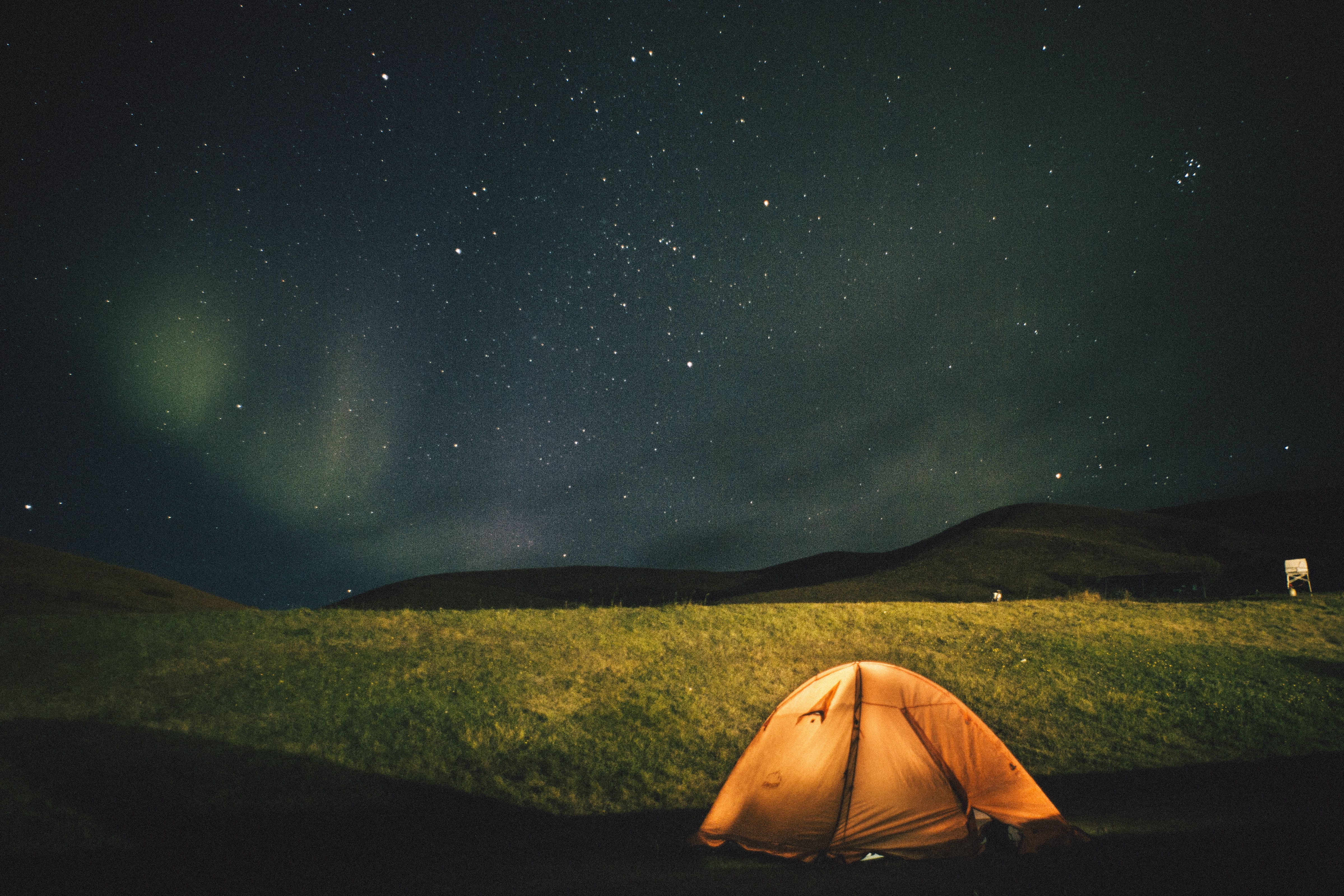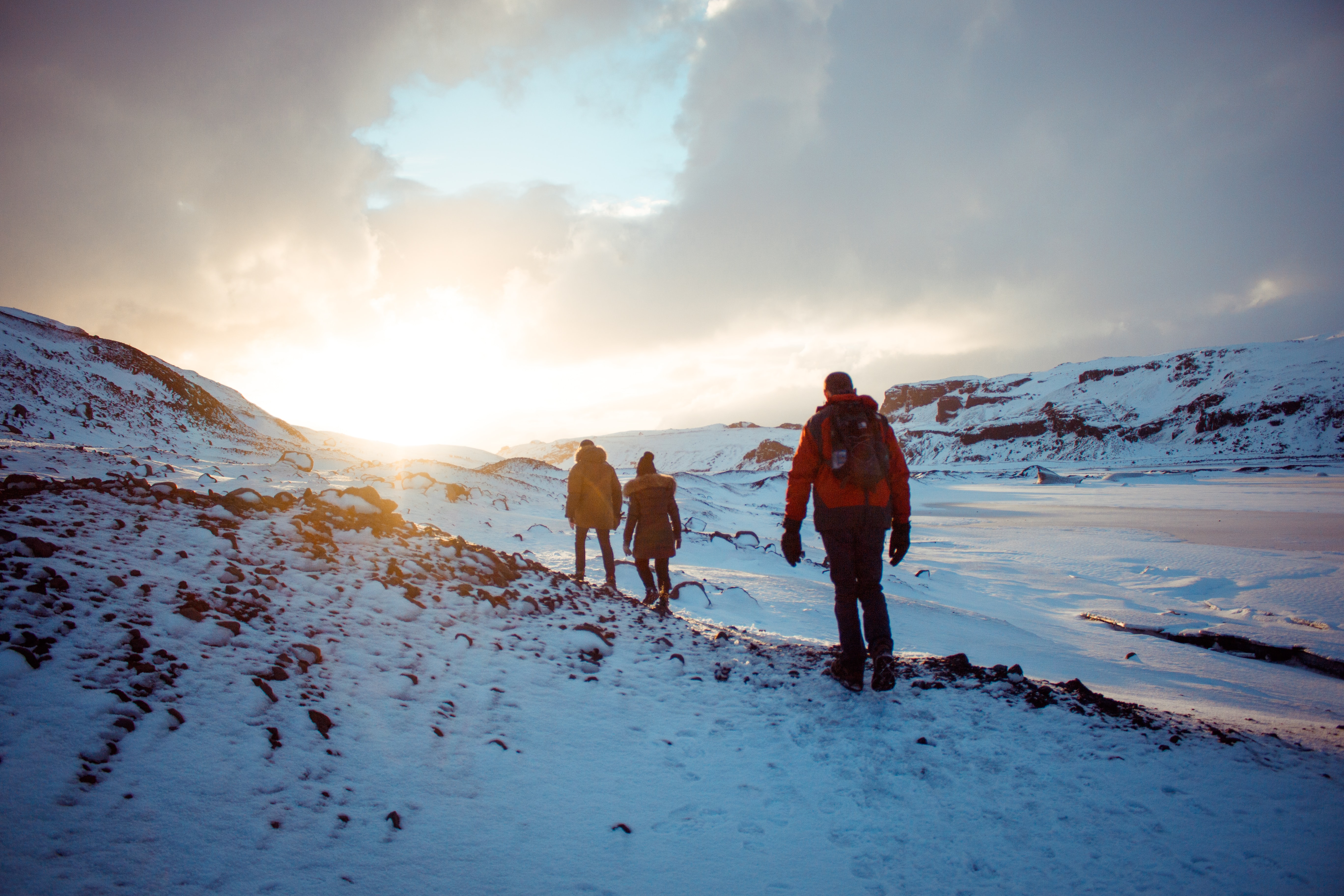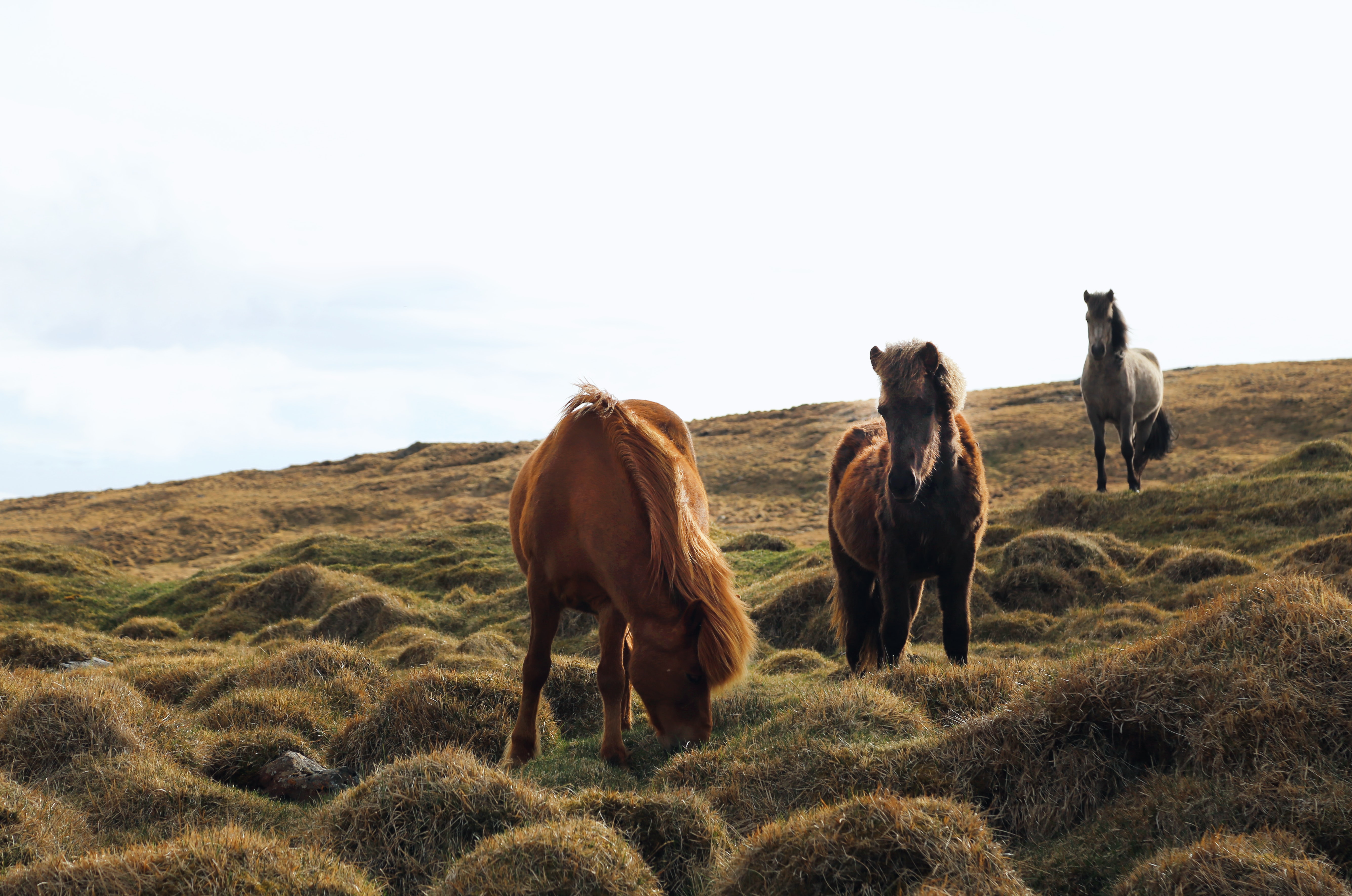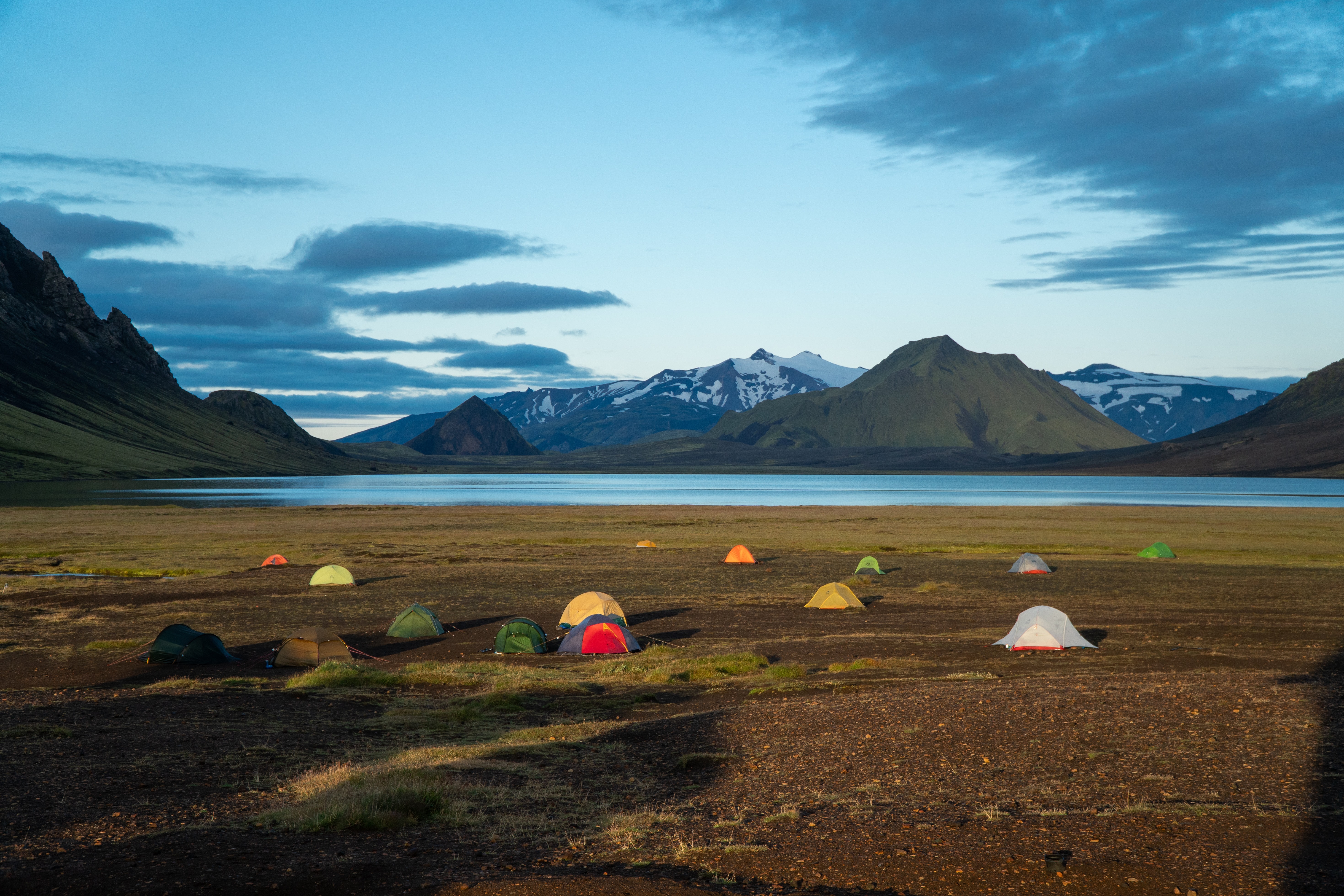Access Rights

Public Rights
Outdoor Pursuits and Access to The Icelandic Countryside
What are the rights and obligations of those who travel around Iceland? The Icelandic Nature Conservation Act regulates outdoor activities and standards of conduct. It stipulates that everyone has the right to travel around the country and enjoy its nature, as long as the traveler is tidy and careful not to damage or otherwise spoil natural resources. It is permissible to cross uncultivated private property without seeking any special permission, but landowners may limit routes with signs other marks. State-owned land such as conservation areas and forestry areas are open to everyone with few exceptions. These exceptions include – but are not limited to – access during breeding seasons or during sensitive growth periods.
An area of land may be designated a “conservation area” for a number of reasons. Regulations –for instance those concerning hunting and fishing or traffic – vary from area to area, making it necessary for travelers to acquaint themselves with local situations. Follow the conservation code and heed the requests of Rangers.
Some people look for peace and tranquility in the countryside, while others seek adventure and excitement. As the flow of travelers increases, so too does the likelihood that the paths of various groups will cross. Be considerate during your journey and be tolerant towards the needs of others in order to avoid needless problems.
Conduct
It is especially important to avoid thoughtless actions in the countryside. Be particularly aware that damage to rock and ground formations can never be repaired. Vegetation is sensitive in many areas and the ground is rough, loose and easily rutted. Damage to plant life takes a long time to repair because of Iceland’s short annual growth period. Wind and rain can make the scars worse.
When you leave a stopping place, please leave it in the condition you would like to find it, and take your litter with you back to town. Please respect private property, cross fences with care and close gates behind you. Avoid disturbing animals and don’t approach them unnecessarily. If your dog has joined you, be considerate of other animals and people by always keeping your dog under control.
Driving
Do not drive off the road or track. Motor vehicles can leave marks that last for generations. Driving off roads or tracks is against the law, except when the ground is frozen and covered in snow.

Hiking
Walking is permitted on uncultivated land. However, please avoid taking shortcuts over fenced areas, pastures and private plots. Follow the rules in areas under special wildlife or vegetation protection. Follow marked footpaths, where they exist. These paths make for a safer trip, as well as reduce wear and tear on sensitive natural elements.
Landowners may not hinder passage of walkers alongside rivers, lakes and ocean, or on tracks and paths. There should be a gate or style close to any hindrances.
Use of lakes and rivers requires permission from rights holders. Riverbanks, lake shores, beaches and islands are often important areas for wildlife, and it is important to pass through such areas with care.
Cycling
Cyclists should follow roads or cycle tracks where they exist. Some paths are not able to withstand cycle traffic, and in such cases biking is restricted.

Horseback Riding
Riders on horseback must follow bridleways, where they exist. Have consideration for the land when riding off the tracks. Traveling with a herd of horses requires special precautions to keep them under control. Bring fodder with you when riding in the highlands. When camping overnight in wilderness areas, choose places where there are pens or other enclosures for your horses.
Fishing
Licenses for fishing are issued by the owner of the fishing rights, usually a landowner, fishing club or farmer’s association. This applies equally to rivers, lakes and shorelines. Do not fish unless you have obtained the proper license or permission in advance.
Holders of hunting permits may hunt on land that is not privately owned.
However, on private property, special permission to hunt must be obtained from the landowners. Licenses to hunt some species are restricted at certain times of the year.

Camping
Camping with no more than three tents is allowed on uncultivated ground for a single night, unless the landowner has posted a notice to the contrary. However, campers should always use designated campsites where they do exist. Do not camp close to farms without permission. If a group of more than three tents is involved, these campers must seek permission from the landowner before setting up camp outside marked campsite areas.
It is illegal to spend the night in tent trailers, tent campers, caravans, camper vans or similar vehicles outside organized campsites or urban areas unless the landowner or right holder has given their permission.
More information regarding camping/camper vans here.
Collecting edible wild growth plants
It is permissible to collect berries, mushrooms, seaweed and other plants for immediate consumption on public lands and highland pastures. Collection on privately owned land requires the landowner’s permission. Please be aware that some plant species growing in the wild in Iceland are protected, and may not be cut or otherwise disturbed.
In essence, our world-renowned nature is wide open for you to enjoy!
But please keep in mind that much of our nature is exceptionally fragile. If we treat it with care, it will remain a source of fun and wonderment for ourselves and countless generations to come.
